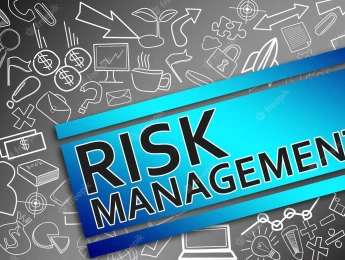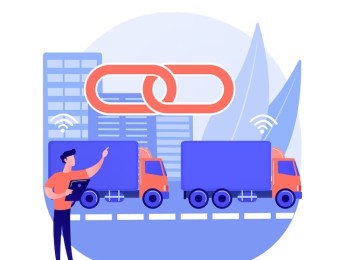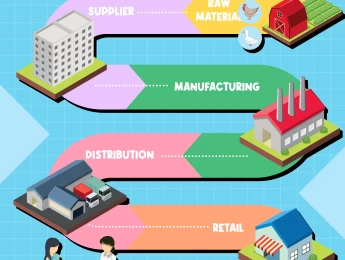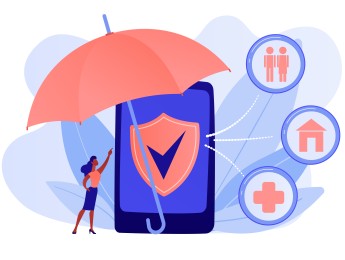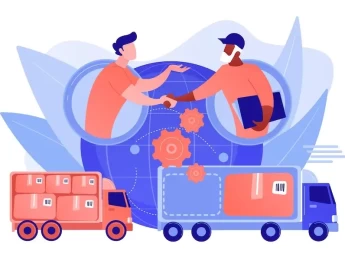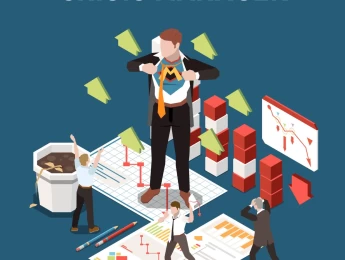As digital devices become more essential in everyday life, the volume of electronic waste (e-waste) is rising at an alarming rate. Smartphones, laptops, batteries, and other gadgets contain valuable materials—but also pose serious environmental and health risks if not handled correctly. This course addresses the urgent need for modern and responsible e-waste management solutions that align with circular economy principles and environmental sustainability.
Participants will explore the lifecycle of electronic products, from production to disposal, and examine how policies, technology, and business practices can improve e-waste handling. The course covers digital tracking systems, recycling innovations, extended producer responsibility (EPR), and informal sector engagement. By the end of the course, learners will be equipped to contribute to smarter, safer, and more sustainable waste management in the digital era.
By the end of this course, participants will be able to:
- Understand the challenges and environmental impacts of e-waste.
- Identify key components, risks, and value within electronic waste streams.
- Apply circular economy principles to electronics and digital devices.
- Explore digital tools and innovations in tracking and managing e-waste.
- Analyze global and local policies governing e-waste management.
- Design or support responsible collection, recycling, and reuse programs.
- Promote awareness, behavior change, and safe handling practices.
This course is ideal for:
- Environmental officers and waste management professionals.
- Government regulators and municipal waste authorities.
- Sustainability and CSR managers in tech and electronics companies.
- Circular economy consultants and green entrepreneurs.
- NGOs and educators focused on e-waste awareness and community action.
- Researchers, academics, and students in environmental science or digital economy.
- Tech industry professionals seeking sustainable disposal solutions.
This course combines technical instruction with interactive exercises, real-world case studies, and group strategy development. Participants will analyze e-waste data, map product lifecycles, explore recycling models, and discuss national and global policies. The methodology focuses on applied problem-solving and digital innovations for waste reduction.
Day 5 of each course is reserved for a Q&A session, which may occur off-site. For 10-day courses, this also applies to day 10
Section 1: Understanding E-Waste and Its Global Impact
- What is e-waste? Definitions and categories of electronic waste.
- Key facts and trends in global e-waste generation.
- Environmental and health risks of improper disposal.
- Economic potential in urban mining and recovery of rare materials.
- Informal sector role in e-waste handling.
- Case study: E-waste hotspots and global dumping challenges.
Section 2: Circular Economy and E-Waste Management
- Circular economy principles applied to electronics.
- Extending product life through reuse, repair, and refurbishment.
- Designing for disassembly and recycling.
- Take-back systems and reverse logistics.
- Product-as-a-service models in the digital economy.
- Creating closed-loop systems for electronic products.
Section 3: Digital Tools and Innovations in Waste Management
- Smart bins, sensors, and IoT for tracking waste streams.
- Blockchain for e-waste traceability and compliance.
- Mobile apps for consumer awareness and recycling access.
- AI and robotics in automated dismantling and sorting.
- Data analytics for optimizing collection and recovery.
- Global platforms for electronics resale and repurposing.
Section 4: Policies, Standards, and Global Agreements
- Overview of national e-waste legislation and best practices.
- International frameworks: Basel Convention, WEEE Directive.
- Extended Producer Responsibility (EPR) schemes.
- Import/export regulations and transboundary movement controls.
- Developing e-waste policy in emerging economies.
- Engaging industry and consumers through regulation and incentives.
Section 5: Implementing Responsible E-Waste Solutions
- Planning a local or corporate e-waste program.
- Safe handling, storage, and transportation guidelines.
- Working with certified recyclers and ethical sourcing partners.
- Raising public awareness and driving behavioral change.
- Collaborating with schools, communities, and informal workers.
- Monitoring, reporting, and measuring success.
- Building scalable models for long-term impact.
Upon successful completion of this training course, delegates will be awarded a Holistique Training Certificate of Completion. For those who attend and complete the online training course, a Holistique Training e-Certificate will be provided.
Holistique Training Certificates are accredited by the British Accreditation Council (BAC) and The CPD Certification Service (CPD), and are certified under ISO 9001, ISO 21001, and ISO 29993 standards.
CPD credits for this course are granted by our Certificates and will be reflected on the Holistique Training Certificate of Completion. In accordance with the standards of The CPD Certification Service, one CPD credit is awarded per hour of course attendance. A maximum of 50 CPD credits can be claimed for any single course we currently offer.
- Course Code IND02 - 124
- Course Format Classroom, Online,
- Duration 5 days




